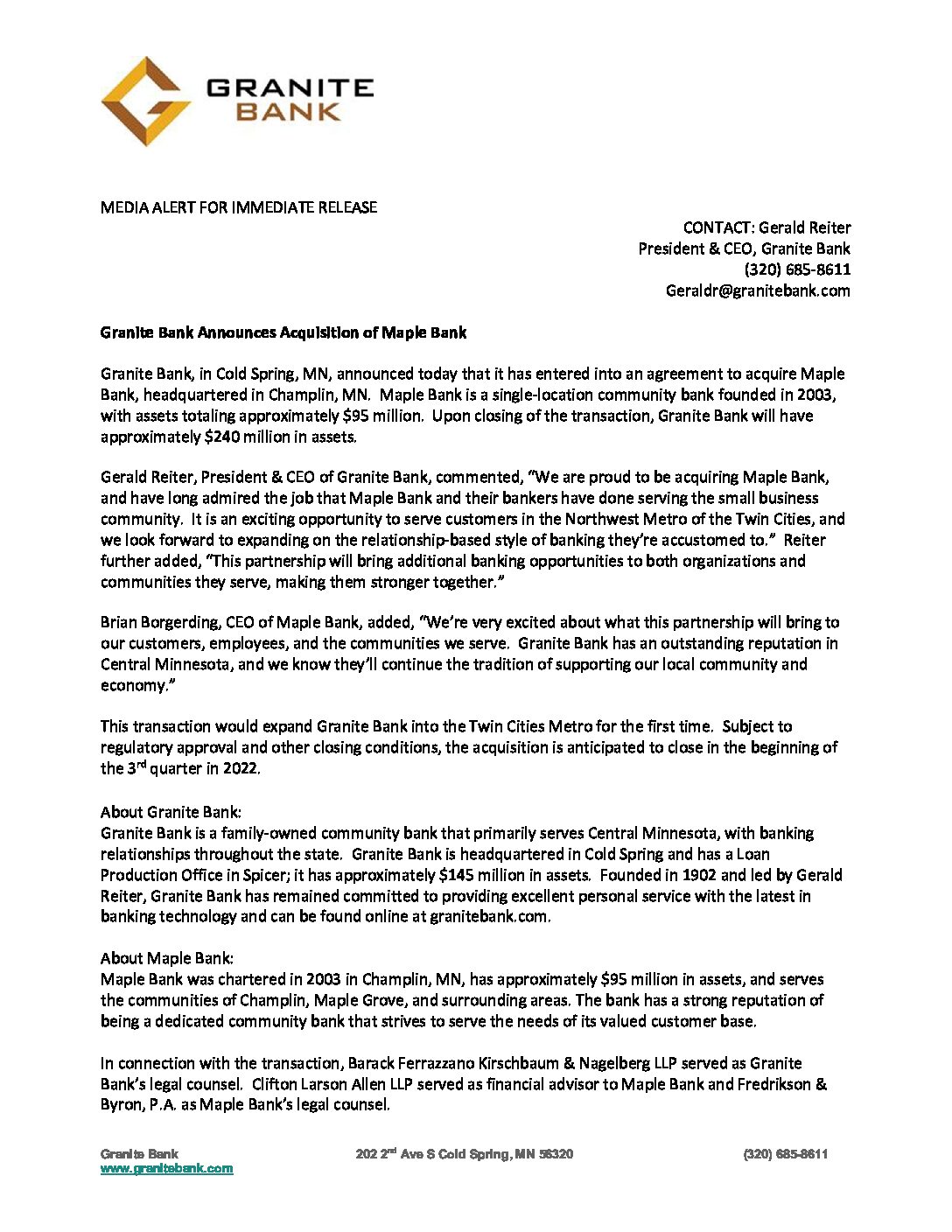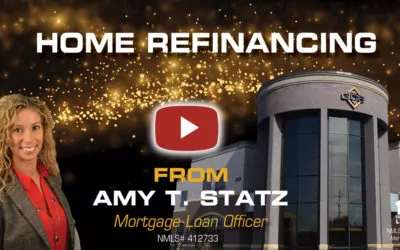4 Primary Considerations When Refinancing
- Will I still live in my current home for more than x-yrs?
- Will I remove my Private Mortgage Insurance or equivalent, by refinancing?
- Will I fund a home improvement or large expenditure in the near future?
- Will I save additional money by paying for “POINTS” to lower the rate even further?
The Next Few Vlogs Will Examine Each of These Refinance Motivators. Today’s topic:
1. Will I Stay In My Home for More Than X-Years?
If you are planning to move in the near future you may want to reconsider refinancing you home loan. This is due to the closing costs involved with refinancing your mortgage loan.
Your break-even time-line is important to know when contemplating a refinance. Closing cost can add-up to a significant amount of money. You should divide the closing costs by the remaining months you plan on staying in your property to see how long it takes to break-even on the closing cost investment you will have made.
If you are selling your home in the near future you will need to focus on your home’s remaining equity post refinancing. Many people simply include the closing costs in their new loan to save out-of-pocket costs. By including the closing costs, you have reduced your equity in your home. If your equity in your home is already low, this could affect the price negotiations when you receive an offer.
The Importance of Breakeven Points
Why is the breakeven point so important? i.e. a person who refinances their current mortgage from 4.0% to 3.25%, a 0.75% change, would take longer to reach a breakeven point, vs. someone who lowered their rate 1.0% or more. So, if you plan on moving in 5 -7 years, it would be wise to know your breakeven timeline to see if your money spent to refinance actually saved you money.
As I stated in the second video, the Breakeven timeline is based on your total loan closing costs, less any escrow impounds, divided by the new monthly principal and interest payment. Your answer will be reflecting the total number of months it will take you to reach your breakeven point. You now can use this information to make your decision as to refinance or not.
Another thing to consider when refinancing is to reduce the amount of years remaining on your home loan. Refinancing your loan is the perfect time to consider this move. Did you know that interest rates are typically lower if you chose a shorter loan term? Consider a 15- or 20-year mortgage vs. a 30-year. Your payment will be a little higher, but the payback in interest saved over the life of the loan can be substantial. In addition to the savings of a shorter loan term, there is one more thing to consider when refinancing; do I want to start over with a 30-year mortgage when I have already paid 5- or 10-years already? If the household budget allows for a higher mortgage payment consider shortening the amortization or loan term, it will save you money and you will own your home quicker.
Thank you for watching. If you have questions please contact us here at GCB.
Now is the perfect time to have the discussion on how and if refinancing can benefit you and your family!
Amy Statz
Amy has 15 years of Mortgage Lending experience and enjoys working with borrowers who want to purchase a home, refinance, build or remodel.



